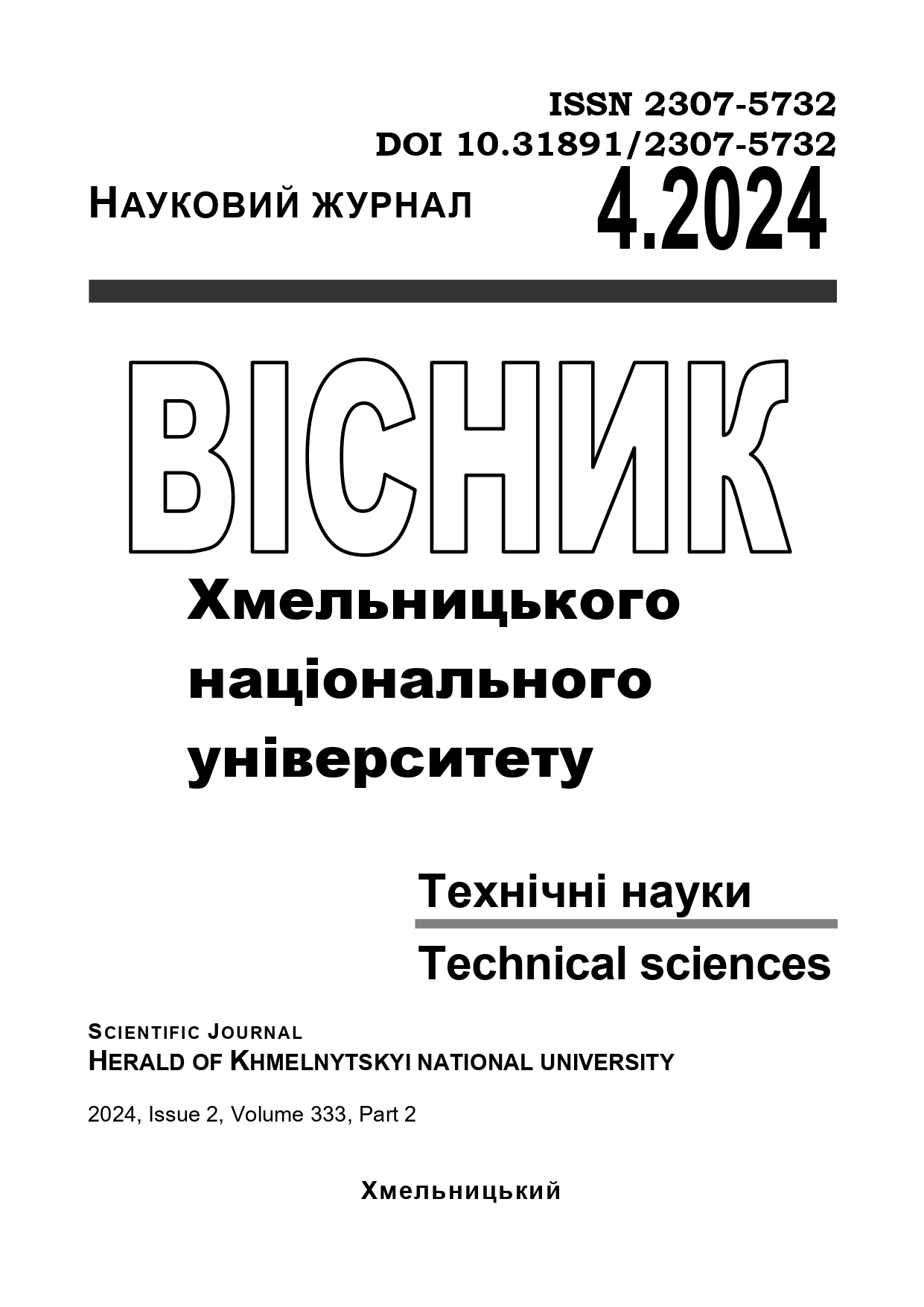ELECTRIC PULSE TREATMENT OF HEMP FIBRE AS A WAY TO MANUFACTURE ENVIRONMENTALLY SAFE GOODS AND DEVELOP THE DESIGN INDUSTRY
DOI:
https://doi.org/10.31891/2307-5732-2024-339-4-45Keywords:
electric pulse treatment, hemp fibre, spinning capacity, competitiveness of textile products, design industryAbstract
The development of the design industry nowadays requires the use of environmentally friendly textiles in the production of competitive and fashionable textile products. The fibre obtained from industrial hemp has great prospects in this regard. Considering the fact that industrial hemp can be grown in Ukraine and many European countries, it does not require large capital investments, and the value of its consumer characteristics is quite high compared to cotton - we believe that research aimed at the production of cottonized hemp fibre by the method of electric pulse treatment is economical promising and competitive. As a result of processing, the fibre is suitable for spinning and is a valuable textile raw material. Electric pulse treatment can ensure the production of cottonized fibre, which is a valuable textile raw material, following current market trends in the field of design. Available information on the electric pulse treatment of hemp fibre is insufficient and needs more clarification. This especially applies to competitive textile products of Ukraine, which can lead to global sales markets and open new paths in the design industry. Electric pulse treatment of hemp fibre is an important process of preparing valuable textile raw materials. The fibre obtained from industrial hemp will ensure the production of environmentally friendly textiles. Given the potential and high environmental friendliness of hemp fibre, and its similarities with cotton fibre, it is currently worth determining whether industrial hemp fibre can be produced in an economically competitive way. Since hemp and cotton fibre are comparable in performance, the production process of both textile materials is appropriate to consider the interdependencies between the stages with key economic and environmental considerations. Industrial hemp is a high-yielding crop in Ukraine and other countries, this inspires optimism in the prospects of this research and the need to create environmentally friendly and competitive textile products from hemp fibre. Nowadays, in the textile industry, issues related to the production of mixed yarn and the inclusion of relatively cheap fibres of domestic origin - hemp and cotton - in the composition of the mixture are of great importance. This is explained by the fact that fibre mixtures, different in properties, design, and structure, allow us to satisfy the often conflicting market requirements for textile industry products. However, the technological process of obtaining yarn, the quality, and the cost of the manufactured products largely depend on the composition of the selected mixture. Therefore, the selection of the technological chain and the optimization of the parameters of the yarn production process must be carried out in each case for each species individually. The fact that the specific weight of the cost of raw materials in the price of finished yarn is 70-80% further emphasizes the need to optimize the technology of fibre mixing processes. One of the ways to increase the spinning ability of hemp is the technological process of cottonizing hemp fibres. Instrumental studies were carried out on an experimental installation for electric pulse treatment, the main part of which is a discharge chamber with an electronic system, in which a powerful discharge is carried out and the process of destruction and removal of encrusting substances from the fibre takes place.

